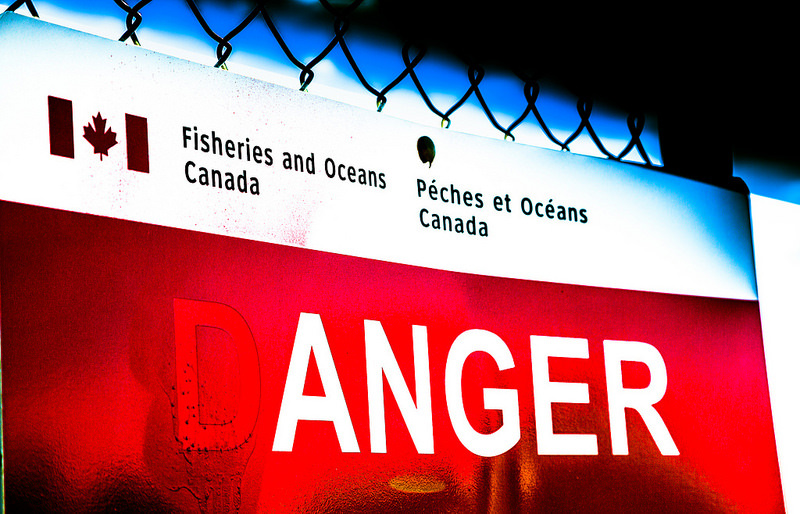| The political season may not be when people want to hear this. The same could be said about the immediate aftermath of the Orlando massacre. But we all could benefit from being more forgiving. In fact, this may be the exact time when we need this message the most. Few things destroy health quicker than stress, and the world seems engulfed in stress right now. Having a forgiving heart would wipe that out. |
| | “It’s almost entirely erased — it’s statistically zero,” Loren Toussaint, associate professor of psychology at Iowa’s Luther College, recently told Time magazine. He was referring to the almost magical effect a forgiving heart has on stress. Toussaint is the author of a new study published in the Journal of Health Psychology. Researchers asked 148 young people to fill out surveys assessing how much stress they felt in life, as well as the state of their physical and mental health. Also, the survey asked them about their tendency to forgive people who had wronged them. The more stress people reported feeling, the worse their physical and mental health. But if people were forgiving — of themselves as well as others — stress had virtually no effect on health. “If you don’t have forgiving tendencies, you feel the raw effects of stress in an unmitigated way,” Toussaint told Time. “You don’t have a buffer against that stress.” Examples abound of people who have made this work in their lives, despite being victims of awful crimes. More than a decade ago, I first wrote about Vicky Ruvolo, a woman who was driving down a Long Island highway on a frosty night when a teenager in an oncoming car thought it would be fun to toss a stolen 20-pound turkey at her windshield. Ruvolo nearly died. Her cheeks, jaw and an eye socket were fractured. Her esophagus was damaged and she suffered some brain damage. Yet when the case came to court several months later, she convinced the judge to go easy on her assailant. Then she embraced the young man in court and forgave him. When I spoke with her years later, Ruvolo had a remarkable sense of humor and seemed genuinely happy. She wrote a book about her experiences. Perhaps most significantly, her assailant, Ryan Cushing, wrote a tribute in it that said, in part, “Your ability to forgive me has had a profound effect on me. It has already made a positive change in my life.” We may read that story and marvel, not only at Ruvolo’s capacity to set aside her own pain, but at how her decision affected everything that followed, both in her life and in Cushing’s. And yet many people refuse to let go of slights far less significant in their own lives. A few years ago I interviewed Martin Doblemeier, a documentary filmmaker who was exploring this theme. Among other things, he went around New York City asking people whether a part of the former Twin Towers site, destroyed in the 9/11 attacks, should be dedicated to a “forgiveness garden.” The results were as illuminating as they were varied and emotional. They also remain relevant today. There is little evidence to suggest the health affects of forgiveness are confined only to the perceived harms done to us personally. How we feel about national events, politicians, crimes, groups or circumstances beyond out control are important, as well. Many people, it appears, get hung up on what forgiveness means. For Ruvolo, it never meant excusing what had been done to her. It wasn’t a sign of weakness or capitulation. It was empowering. Doblemeier’s reporting found that for many it was a liberating gift people could give themselves. He and others also have found forgiveness is a constant process, not a one-time event. It can be a difficult attitude to maintain. But consider this: Time also published a graphic on what stress can do to your health. Among other things, it raises blood pressure, increases cholesterol levels, heightens the risk of type-2 diabetes, causes ulcers and leads to headaches, shoulder and neck pain. Given all that, a nationwide emphasis on learning to forgive may be just what we all need to regain a sense of sanity. |


 RSS Feed
RSS Feed

